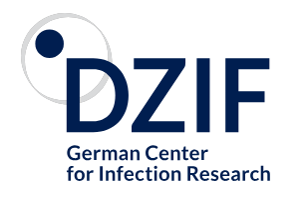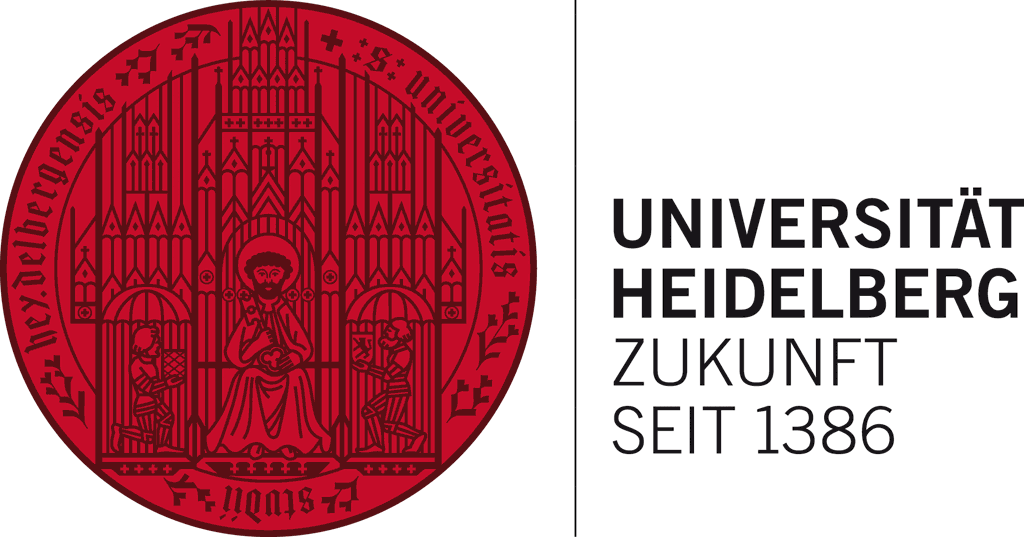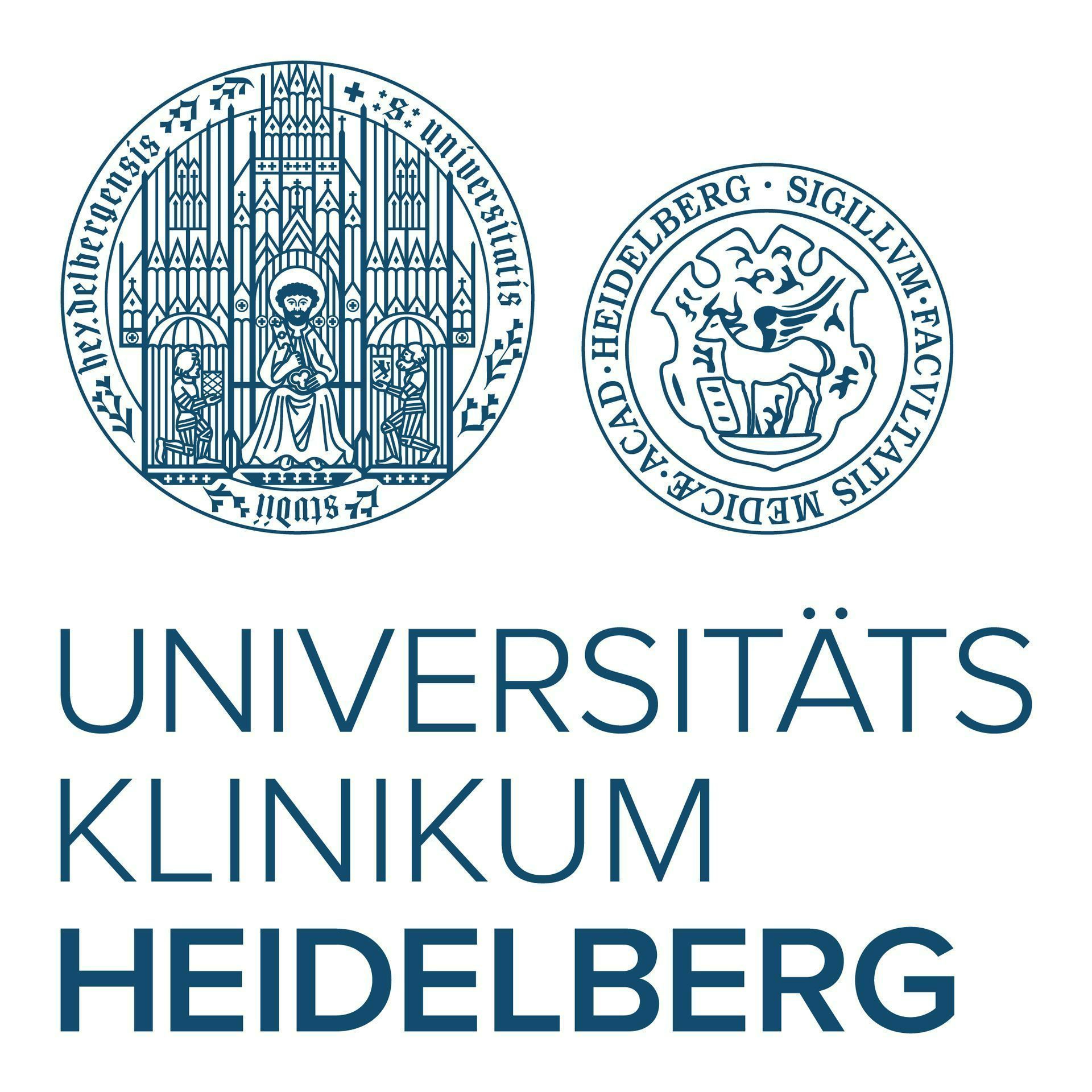TTU 07.840
"Interrogation of the Heidelberg Collaborative Transplant Study database for infectious complications of immunocompromised transplant recipients"
Short Summary
Infections remain a major factor impacting graft and patient survival after solid organ transplantation. Besides its contributions to the DZIF Transplant Cohort, the Heidelberg Institute for Immunology also hosts one of the largest international efforts in the field of solid organ transplantation research world-wide, the ‘Collaborative Transplant Study’, CTS. Since 1982, CTS has regularly received clinical data which are currently contributed by 308 kidney, 82 heart/lung, 80 liver and 105 pancreas centers. In addition, CTS hosts a DNA bank (100,000 DNA samples of recipients and donors) and a serum bank (10,000 recipient sera).
We propose a retrospective multi-center project, investigating associations between immunosuppressive regimens, specific infections/pathogens and relevant confounders. We are currently setting up joint structures (DZIF-CTS) for data/sample collection and analysis in order to jointly (DZIF Transplant Cohort and CTS) address impacts of classes of immunosuppressants, their combinations, doses, as well as co-medication, co-morbidity, age, gender, type of donation on incidence of infection with specific pathogens. We will also investigate the effects of infections on allo-response and graft survival, which will be greatly facilitated by the large CTS dataset. Our study will contribute to improving risk assessment, prevention and treatment of infectious diseases in solid organ transplant recipients.
Highlights
- The CTS dataset enabled assessing the impact of infection on survival of subgroups of transplant patients, e.g. recipients aged over 60 years (reference 1) or after ABO-incompatible kidney transplantation (reference 2). Recent studies on SARS-CoV-2 included cooperation with the Department of Nephrology/Molecular Virology, Heidelberg, and DZIF Heidelberg (references 3 & 4)
- Influence of calcineurin inhibitor choice on outcomes in kidney transplant recipients aged ≥60 y: A Collaborative Transplant Study report. Echterdiek F et al., Transplantation 106:e212-e218, 2022
- Three-year outcomes following 1,420 ABO-incompatible living-donor kidney transplants performed after ABO antibody reduction: results from 101 centers. Opelz G et al., Transplantation 99:400-404, 2015
- Neutralizing antibody response against the B.1.617.2 (delta) and the B.1.1.529 (omicron) variants after a third mRNA SARS-CoV-2 vaccine dose in kidney transplant recipients. Benning L et al. Am J Transplant, 2022 (Epub ahead of print)
- Neutralizing antibody response against variants of concern after vaccination of dialysis patients with BNT162b2. Speer C et al., Kidney Int 100:700-702, 2021




